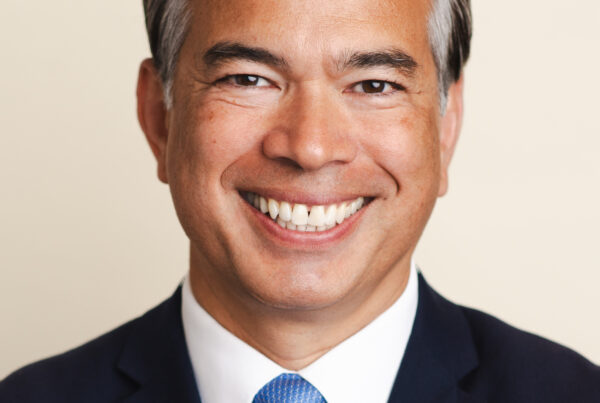A 2020 bill that caps probation to two years applies to cases still being resolved, the California Supreme Court ruled June 26.
The decision comes from a San Bernardino robbery case.
Ricky Prudholme, with two helpers, was charged with two counts of second degree robbery after loading two pickup trucks with $4,000 in electronic merchandise stolen from a trucking company Nov. 22, 2018.
The business’ employees got in their own vehicles, and blocked Prudholme’s exit, according to the appellate ruling from August 2021. Prudholme, driving his truck, struck an object in one of the employee’s trucks, and threatened to sue the employees for the damage to his vehicle. The








